A substantial $355 million judgment and additional punitive measures resulting from the New York civil fraud trial against former President Donald Trump, his sons, and the Trump Organization are poised to deliver a significant impact on their New York State-based enterprises. However, the repercussions may not be immediate or terminal.
There is still much to analyze regarding the verdict and its potential consequences for Trump’s business empire, but here’s what we currently understand.
Trump, along with his sons Donald Jr. and Eric, will be prohibited from holding officer or director roles in their New York-based businesses for the foreseeable future—Trump for three years and his sons for two.
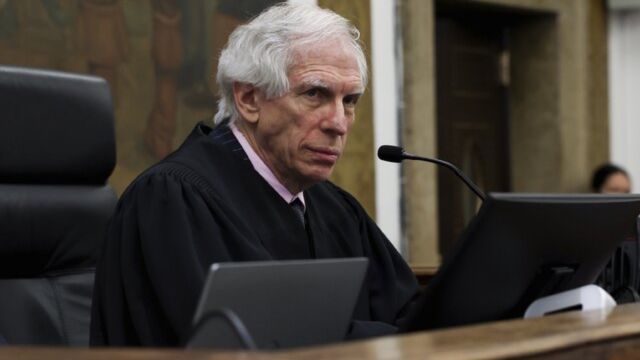
This ruling, issued on Friday by Judge Arthur Engoron, stems from a case filed by New York State Attorney General Letitia James. The case accuses Trump and his businesses of submitting fraudulent financial statements to secure loans and insurance at favorable rates.
In addition to the role restrictions, Trump and the Trump Organization are barred from borrowing money from financial institutions chartered or registered in New York State for a three-year period.
The assistant professor of business law at the University of Michigan’s Ross School of Business, Will Thomas stated that “Trump still owns his businesses. But he and his family are really cut off from running and maintaining them. Their avenues for control have shrunk dramatically.”
In addition, they might have lost their state business certifications, which would have made it impossible for them to continue managing their numerous limited liability companies in New York. Furthermore, James has asked that Trump be permanently barred from the New York state real estate market.
Pulitzer Prize-winning writer and Trump expert David Cay Johnston stated, “The bottom line is the New York attorney general’s office got the money but not the permanent bans [on the Trump businesses] that they wanted.” Johnston is the author of three books about Trump.
Rather, the ultimate decision mandates that the Trump Organization be largely managed by a new independent compliance director and an independent monitor who was appointed by the court in 2022.
The monitor’s assignment was prolonged “for no less than three years” by the ruling.
The potential impact of the $355 million payment on Trump’s enterprises
Trump and his companies are required to pay $355 million, a disgorgement of unlawfully acquired profits resulting from fraudulent practices, as determined by Judge Engoron. The total, including retroactive interest specified in the ruling, could exceed $450 million, according to estimates from the NYAG’s office.
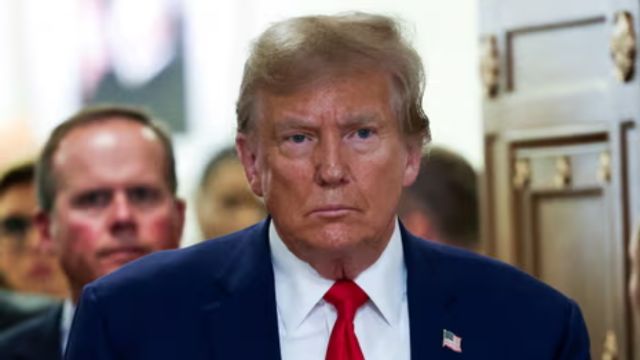
Trump is anticipated to appeal the decision, with two possible avenues: the Appellate Division and then the New York State Court of Appeals. This process may extend into 2025.
Despite the appeal, Trump cannot delay payment of the $355 million plus interest. The funds must be held in escrow during the appeals to ensure compliance with Engoron’s judgment.
The source of these funds remains uncertain. Trump, who claimed to have $400 million in cash last year, may use his own resources if his assertion holds true. However, he is also contending with an additional $83.3 million verdict from a recent civil trial against E. Jean Carroll.
To raise the necessary funds, Trump might consider borrowing money, potentially using a substantial asset, like one of his buildings, as collateral. Engoron’s ruling prohibits him from securing a loan from a New York-registered financial institution, narrowing his options to non-financial institutions or unregistered financial companies.
Another possibility is seeking assistance from a high net worth individual, who may require a Trump business asset as collateral for the loan. However, lending to Trump comes with its own set of risks.





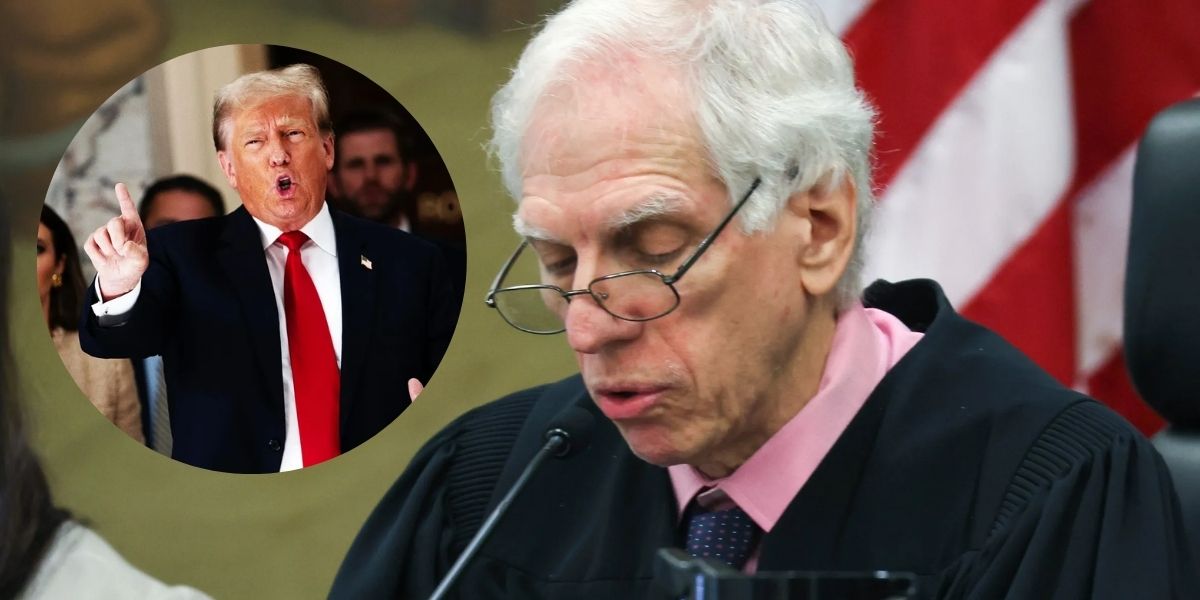
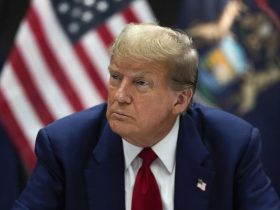

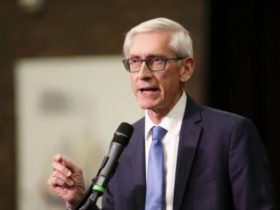
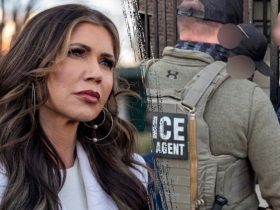


Leave a Reply